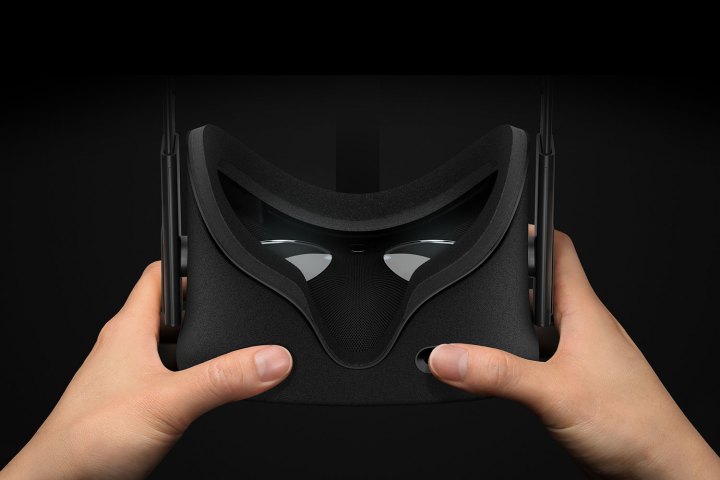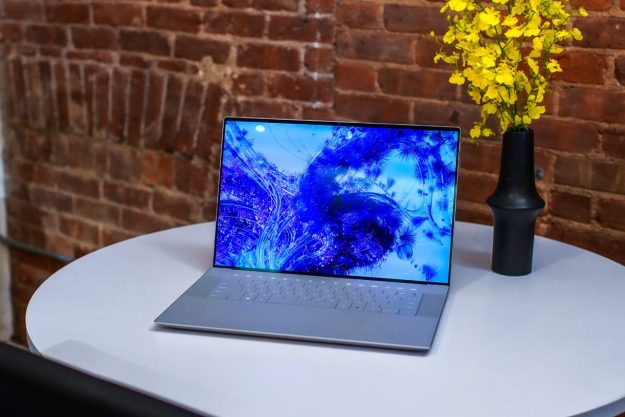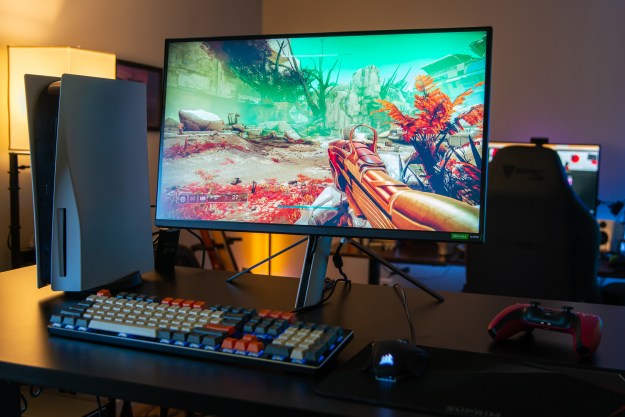
The privacy policy details were amplified by reports arriving last week that the software used to run the Oculus Rift on a PC stays active in the background. The software reportedly generates a process with full system permissions that’s always on, with the main purpose to detect when the headset is activated and placed on the user’s face, and to immediately launch Oculus Home. However, the software also supposedly frequently sends updates to servers owned by Oculus VR’s parent company, Facebook.
“Facebook owns Oculus and helps run some Oculus services, such as elements of our infrastructure, but we’re not sharing information with
The response also states that Oculus VR may use the collected information to improve its services and make everything work properly. That includes checking the device’s stability and addressing technical issues “to improve the overall experience.” The company says that it created the privacy policy to make users aware about how it receives and collects data, and how that data is used. There was no argument made about the privacy policy’s actual contents.
The controversy surrounding the Oculus Rift has now gotten Minnesota Senator Al Franken involved. He sent a letter to Oculus VR CEO Brendan Iribe on Thursday addressing the privacy policy issue. Specifically, he’s requesting information about how the company collects, stores, and shares the personal data of Rift users. He also wants to know how third parties handle the information as well.
“I believe Americans have a fundamental right to privacy, and that right includes an individual s access to information about what data are being collected about them, how the data are being treated, and with whom the data are being shared,” the Senator writes. “As virtual reality technology evolves, I ask that you provide more information on Rift and how Oculus is addressing issues of privacy and security.”
On the location detection front, the Senator wants to know if Oculus VR shares this information to third parties, and if this information is actually necessary to collect to provide services. As for tracking physical movements, Senator Franken wants to know if the collection of this information is necessary, the purpose of collecting this information, and if it’s shared with third parties such as the “related companies” described in the privacy policy.
“I appreciate that Oculus’ privacy policy provides detailed information about what data are collected, when they are collected, and with which companies they are being shared,” the Senator adds. “Consumers must be able to make informed decisions about whether and with whom they share such sensitive information, and they must be assured that, when the information is shared, it will receive the utmost protection. However, questions remain regarding Oculus’ data collection of certain types of information and Oculus’ relationships with third parties.”
Oculus VR has until May 13, 2016 to answer the questions, so stay tuned.


